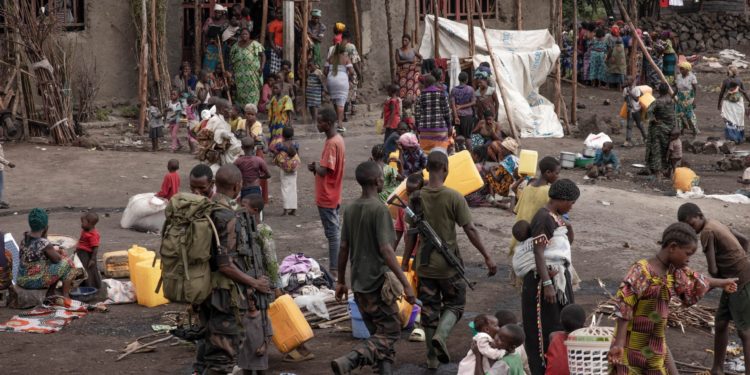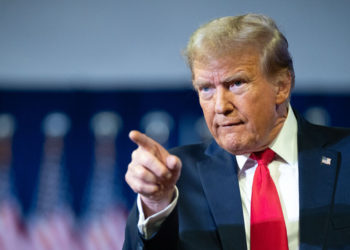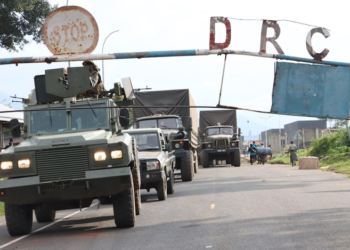By AL JAZEERA
State Department says escalating violence poses risk to millions of people facing displacement and deprivation.
The United States has condemned growing violence in the Democratic Republic of the Congo (DRC), blaming an armed group it says is backed by neighbouring Rwanda.
Fighting has flared in recent days in the eastern part of the DRC between the M23 rebel group and government forces, resulting in dozens of soldiers and civilians being killed or wounded.
The fighting has also pushed tens of thousands of civilians to flee towards the eastern city of Goma, which is located between Lake Kivu and the border with Rwanda.
“This escalation has increased the risk to millions of people already exposed to human rights abuses including displacement, deprivation, and attacks,” US State Department spokesman Matthew Miller said in a statement.
“The United States condemns Rwanda’s support for the M23 armed group and calls on Rwanda to immediately withdraw all Rwanda Defense Force personnel from the DRC and remove its surface-to-air missile systems, which threaten the lives of civilians, UN and other regional peacekeepers, humanitarian actors, and commercial flights in eastern DRC,” Miller added.
On Saturday, the DRC accused Rwanda of carrying out a drone attack which damaged a civilian aircraft at the airport in Goma.
“It had obviously come from the Rwandan territory, violating the territorial integrity of the Democratic Republic of the Congo,” Lieutenant-Colonel Guillaume Ndjike Kaito said in a video broadcast.
The DRC, the United Nations and Western countries have accused Rwanda of backing the rebels in a bid to control vast mineral resources, which Kigali has denied.
South Africa said on Wednesday it would send 2,900 troops to support the DRC’s forces against the armed group.
The DRC has for decades been at war with many rebel groups that emerged in its resource-rich eastern region in the aftermath of the Rwandan genocide.
M23, which broke away from the DRC army in 2012, says it is fighting in defence of ethnic Congolese Tutsis who face tribal discrimination in the DRC.







Discussion about this post